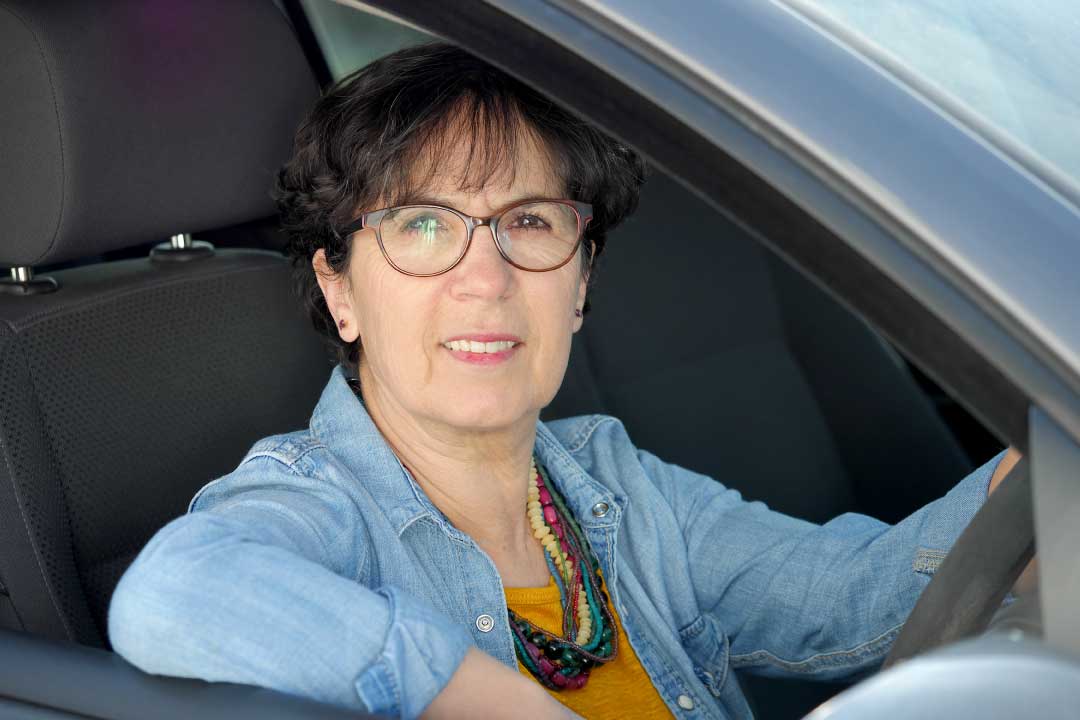
Driving and vision - can you see the signs?
Can you believe that a staggering one in five Australian drivers can't see road signs properly? In this post written by our head office team we talk about driving and vision and ask - can you see the signs?
A 2020 Optometry Australia survey reveals some startling facts about the difficulty drivers have seeing road signs.
The 2020 Vision Index report revealed that 19% of drivers, aged 35 to 54, struggle to see road signs when they’re driving during the day. At night the problem gets worse, with 25% admitting that they find it hard to read signs. This is a very startling fact and shows that the dangers of poor driver eyesight, especially at night, is a very concerning issue.
The serious dangers of poor driver eyesight
Not being able to see road signs obviously has serious safety issues.
Optometrist Sophie Koh, the national professional services adviser for Optometry Australia, is not surprised by the high figures. She believes there is “a myriad of reasons why people experience blurry vision when driving”.
Although many people struggle to see because they either need glasses, or are updating their existing ones, there are non-glasses related reasons for blurred distance vision when driving home after a long day in the office such as “dry eyes and eye fatigue due to prolonged near work during the day,” says Koh.
People age 35 to 54 also start to develop common preventable eye diseases, such as early cataracts, glaucoma and age-related macular degeneration.
“Cataracts, for example, at its early stages, causes increased glare sensitivity when driving at night. People in this age group may complain of more glare from car headlights, which affects their clarity and confidence when driving.”
Eyesight requirements to attain a driver’s license
In Queensland, it is a requirement to advise the Queensland Government of any medical condition that may adversely affect your ability to drive. This includes any eye or vision problems that are considered permanent or long-term. If you are found to have problems with your vision that could affect your ability to drive you could receive a fine of more than $8,200 and your licence may be cancelled.
It's also important to remember that this requirement isn't just valid for the time at which you get your licence, but throughout your driving lifetime, reflecting that medical conditions (such as eyesight) change over time.
“I think the public needs to be more aware that good vision for life is not just about how far down you see on an eye chart,” says Koh.
If you’re having trouble seeing road signs or you’re squinting to “see better”, like 22% of people do at night or 15% during the day, you need to book an eye test with your local optometrist to have your eyes checked.
Don’t risk it on the road, book an eye examination for a piece of mind
A visit to your optometrist will help you understand why you are struggling to see clearly when you’re driving. It is recommended that people under 40 have their eyes tested every two to three years, while people 40-65 should see their optometrist every two years and those over 65 should be tested annually.
As your optometrist we are also recognised by Queensland Government as a suitable health professional to assess whether your eyesight is satisfactory for the purposes of driving a vehicle.
If you are having troubles seeing roads signs book an appointment for an eye test.
This article was first published on the website of Eyecare Plus nationally and is shared here with permission.
Ready to book an appointment?
Online bookings available or call us on (07) 3463 0349.
This website does not provide medical advice. It is intended for informational purposes only. It is not a substitute for professional medical advice, diagnosis or treatment. Never ignore professional medical advice in seeking treatment. If you think you may have a medical emergency, immediately dial Triple 0 (000).

